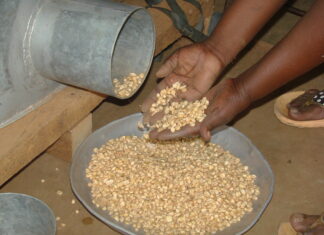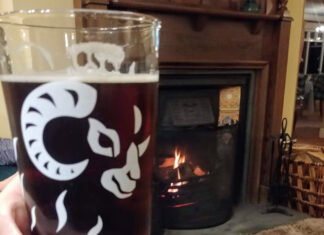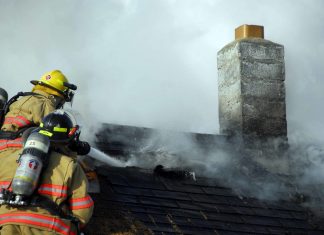Scenarios
Our ethical scenarios present real-world dilemmas that test editorial judgement and professional values. These challenging case studies involve conflicts of interest, privacy considerations, source protection, and difficult editorial decisions that journalists encounter daily. All material is free to download, adapt and use. Scroll down our site map for all the content in this and other sections.
Emotional assumptions – scenario
In this scenario a journalist lets their own emotional assumptions colour their news judgement resulting in misinformation.
Journalistic integrity – scenario
In this scenario a political correspondent working for a broadcaster is asked to speak at an event organised by a political party - but there is a catch.
Testing boundaries – scenario
In this scenario we look at a situation where an editor faces breaking protocol because of the strength of a story.
Accuracy – scenario
In this scenario a reporter witnesses a mass walkout of workers from a factory affected by industrial action. The company claims it's business as usual; the union says all workers have downed tools.
Legal threats – scenario
In this scenario a local newspaper reporter faces legal threats for a factual planning application report that lacked the applicant's demanded "positive spin."
Editorial impartiality – scenario
In this scenario a reporter covering a story about medical malpractice in a hospital discovers that the consultant involved is a relative. What should they do?
Informed consent – scenario
In this scenario a reporter covering a disaster films a grief-stricken woman before discovering the facts about the ordeal she has witnessed.
Scenario: Conflict of interests
In this scenario you are a political correspondent working for a national public service broadcaster. A lobbying company offers you a significant amount of money to train lobbyists in how to influence the media. What do you do?
You might also like
Lesson: The investigative dossier
This lesson plan provides investigative journalists with a comprehensive checklist of key research areas essential for conducting a successful investigation.
Workshop: Investigative journalism best practice
Learn to conduct investigative reporting to international standards. This workshop offers practical guidance for journalists to avoid common reporting pitfalls.
Workshop: Investigative journalism best practice
Learn to conduct investigative reporting to international standards. This workshop offers practical guidance for journalists to avoid common reporting pitfalls.







